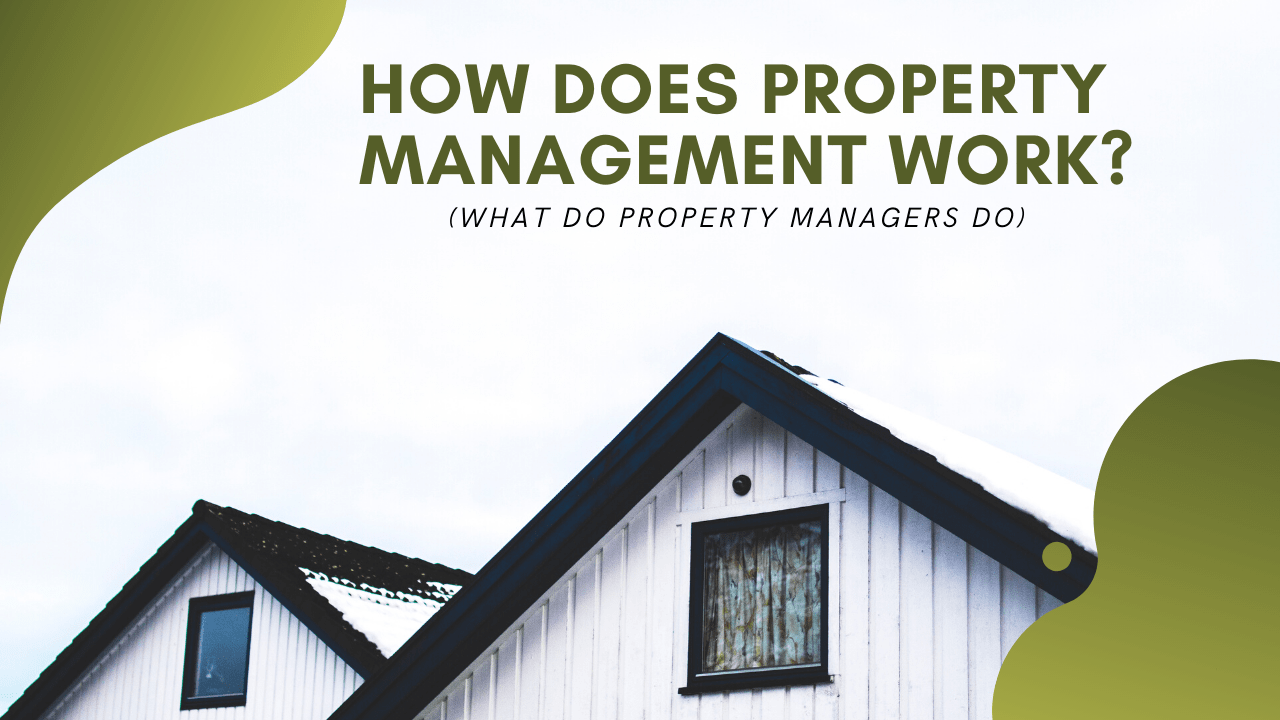By Florida PMServices
•
August 13, 2024
Choosing the right tenant for your rental property is one of the most critical decisions you will make as a landlord. A good tenant can ensure a steady income stream, maintain the property’s condition, and create a positive living environment, reducing the risk of costly repairs and legal disputes. On the other hand, a poorly chosen tenant can lead to frequent late payments, property damage, and a host of other issues that can make your life as a landlord much more difficult. To help you navigate this crucial process, here’s an in-depth guide on how to select the best tenant for your rental property. 1. Conduct a Thorough Screening Process The cornerstone of selecting the right tenant lies in a meticulous screening process. This process should begin with a comprehensive background check. A background check is crucial because it provides insight into the tenant's history, which can be a good predictor of future behavior. This check should include: Credit Check: A tenant’s credit report is a strong indicator of their financial responsibility. It reveals how well they manage their finances, whether they have a history of paying bills on time, and any significant debts they might be carrying. A higher credit score generally indicates that the tenant is reliable in meeting financial obligations. Criminal Background Check: Ensuring the safety of your property and other tenants is paramount. A criminal background check will help you identify any red flags, such as past convictions that might suggest a higher risk of property damage or issues with other tenants. While not all criminal histories should automatically disqualify a potential tenant, it’s important to weigh the nature and severity of any offenses. Eviction History Check: Checking a tenant’s eviction history can provide valuable insights. If a potential tenant has been evicted in the past, it’s crucial to understand the circumstances. Frequent evictions are a red flag and might indicate a pattern of non-payment or lease violations. Employment Verification: Verifying the tenant’s employment is essential to ensure they have a steady income source. Contacting their employer can confirm not only their job status but also their length of employment, which can be a good indicator of stability. Income Verification: Ideally, the tenant’s monthly income should be at least three times the rent amount. This ratio helps ensure that they can afford to pay rent consistently. You can verify this by requesting recent pay stubs, bank statements, or a letter of employment. 2. Assess Financial Stability Financial stability is one of the most critical factors in tenant selection. Even if a tenant has a clean background, if they do not have the financial means to pay rent consistently, they may not be the right fit for your property. Here’s what to consider: Income-to-Rent Ratio: As mentioned earlier, the tenant’s income should ideally be three times the rent. This ratio provides a buffer for the tenant’s other financial obligations and helps reduce the risk of late payments. Savings and Financial Reserves: Tenants with some savings or financial reserves are often better equipped to handle unexpected expenses without defaulting on rent. This information might not always be available, but if a tenant voluntarily shares it, it can be a good sign of financial prudence. Debt-to-Income Ratio: A tenant may have a high income, but if they are also burdened with significant debt, their ability to pay rent consistently could be compromised. Reviewing their debt-to-income ratio can provide a more complete picture of their financial situation. 3. Check References from Previous Landlords References from previous landlords are one of the most valuable tools in your tenant selection arsenal. These references can provide firsthand insights into the tenant’s rental history and behavior. Here’s how to effectively use landlord references: Rent Payment History: Ask previous landlords whether the tenant paid rent on time and if there were any issues with late payments. Consistent on-time payments are a strong indicator of a reliable tenant. Property Maintenance: Inquire about how well the tenant maintained the property. Did they leave the property in good condition? Were there any damages beyond normal wear and tear? A tenant who takes care of the property is less likely to cause expensive damage. Lease Compliance: Did the tenant comply with the terms of the lease? Ask about any issues related to noise complaints, unauthorized occupants, or other lease violations. A tenant who respects the lease terms is likely to be easier to manage. Reason for Moving: Understanding why the tenant is moving can also be telling. Are they relocating for a job, or are they leaving because of unresolved disputes with the previous landlord? The reason for moving can provide context to their application. Verify you are talking to the right person, the actual landlord or agent and that he/she is not trying to get rid of a bad tenant 4. Evaluate Personal Traits and Compatibility While financial stability and a clean rental history are crucial, the tenant’s personal traits also play a significant role. You want to find a tenant who will not only pay rent on time but also be a responsible and respectful neighbor. Here’s what to consider: Communication Skills: Good communication is key to a successful landlord-tenant relationship. Evaluate how responsive and clear the tenant is in their communications during the application process. A tenant who communicates well is likely to report maintenance issues promptly and adhere to lease terms. Respect for Property and Neighbors: Consider the tenant’s attitude toward property maintenance and neighborly behavior. A tenant who shows respect for their living environment and others is likely to be a positive presence in your property. Stability and Longevity: If you’re looking for a long-term tenant, consider their stability. Do they have a stable job or family ties in the area? Tenants who are likely to stay long-term reduce turnover costs and the stress of frequent tenant changes. 5. Trust Your Instincts, But Stay Within Legal Boundaries As a landlord, it’s important to trust your instincts when evaluating potential tenants. If something feels off, it’s worth taking the time to investigate further. However, it’s equally important to ensure that your decision-making process complies with Fair Housing Laws. These laws prohibit discrimination based on race, color, national origin, religion, sex, familial status, or disability. Make sure your criteria are consistent for all applicants and based on legitimate business reasons. 6. Set Clear Expectations Early On Before finalizing your decision, have a detailed conversation with the prospective tenant about your expectations. Discuss: Rent Payment: Clarify when rent is due, how it should be paid, and any late fees that apply. Maintenance Responsibilities: Outline what maintenance tasks the tenant is responsible for, such as yard work or changing air filters. Property Rules: Discuss any property-specific rules, such as noise restrictions, parking arrangements, and pet policies. Clear communication of expectations can prevent misunderstandings and conflicts down the road. It also gives the tenant an opportunity to ask questions and ensure they are comfortable with the terms. 7. Use a Comprehensive Lease Agreement A well-prepared lease agreement is essential to protecting both you and your tenant. The lease should cover all aspects of the tenancy, including: Rent and Deposit Details: Clearly state the rent amount, due date, and security deposit terms. Lease Duration: Specify the lease term and any renewal options. Maintenance and Repairs: Define who is responsible for routine maintenance and how repair requests should be handled. Rules and Regulations: Include any property rules, such as noise restrictions or pet policies. Termination Conditions: Outline the conditions under which the lease can be terminated by either party. Having a comprehensive lease agreement ensures that both parties understand their rights and responsibilities, reducing the potential for disputes. Selecting the right tenant is not just about filling a vacancy; it’s about finding someone who will respect your property, pay rent on time, and contribute positively to the community. By conducting thorough screening, assessing financial stability, checking references, and considering personal traits, you can significantly increase your chances of choosing the right tenant. Remember, a careful selection process is an investment in the long-term success and profitability of your rental property.















